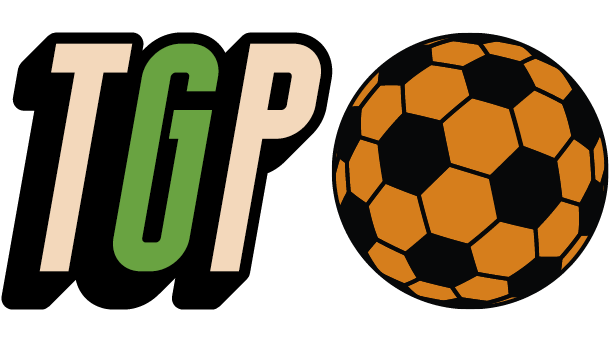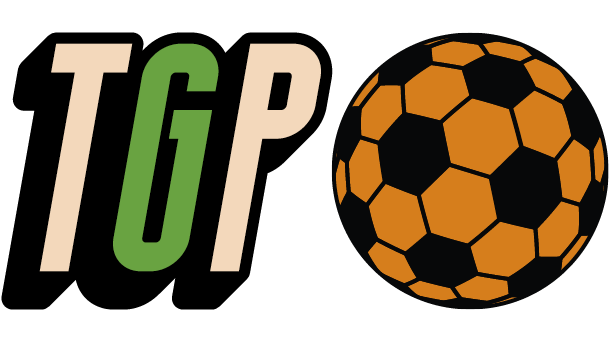Charlie Hyman gives us the lowdown on Futsal. What it’s all about, why he loves it, and his hopes for the sport in the future.

Futsal originated in South America in the 1930s. It has gone from being a sport of the streets to a regulated sport governed by FIFA and UEFA, with World Cups, Euros and a Champions League equivalent. However, it still has the flair one would expect from a South American street sport. Comprising two teams of five, including a goalkeeper, it is played indoors on a hard court with a ball which is essentially a heavier size 4 football, meaning there is little to no bounce. The sport has its own 3m x 2m goals and, conversely to traditional five-a-side, there is no ‘head height’ rule. Also, unlike indoor five-a-side, players cannot kick off the walls. Matches are played in two high tempo twenty-minute halves with rolling subs and each team can name a maximum of nine substitutes.
Due to the game’s intensity, players rarely play more than five consecutive minutes per half. My Futsal journey started when I was seventeen at a local team called Pro Futsal. In the subsequent eight years, I have represented University of Nottingham, Baku, Helvecia (where I won the FA Cup and National Futsal Series), England, and have now returned to Pro Futsal. Pro Futsal, Baku and Helvecia all play in the top division in England: the National Futsal Series (NFS).
I got into Futsal as I had always been a technical eleven-a-side player but was relatively ineffective in games because of my lack of speed and height. Futsal played to my strengths as it is played on a small indoor court where speed of thought and short, sharp movements are more important than pure speed. Although Futsal is an entirely different sport to football, there are similarities which have benefited me in my coaching endeavors. I am a UEFA B qualified football and Futsal coach and I have developed skills which are transferable over to football, such as tactics for set pieces – a major part of Futsal, where 30% of goals are scored.
Futsal is one of the UK’s fastest-growing indoor sports and it has grown exponentially since I started playing. Despite Covid-19 and the proceeding funding cuts hampering growth, it is still a much more prominent sport than it was eight years ago. At a grassroots level, coach education has improved, with more Level 1 and Level 2 Futsal courses available and therefore more qualified Futsal coaches. There are also more local leagues forming and more schools teaching Futsal as it is an attractive ‘all year round’ sport given it is played indoors. At Bloomsbury Football, a football charity I founded in Central London, we offer a range of Futsal sessions to our 3,000 beneficiaries. For our 150 academy players, these sessions are compulsory, such is the importance of Futsal as a development tool for football.

While Futsal is undoubtedly its own sport, it can act as a pathway to professional football. Many South American players, especially, developed technically through playing Futsal. For example, Messi, Coutinho and Tevez all played Futsal prior to becoming professional footballers. Even within England, Max Kilman of Wolves is an example of an English player who played Futsal before becoming a professional footballer. Generally, Futsal is most popular in areas with high concentrations of South American and Western European people. Given London’s diversity, there are hundreds of grassroots Futsal teams which are set up by people whose heritage stems from a country where Futsal is a mainstream sport.
The top of the Futsal pyramid is the NFS and NFS 2. Below that there are several national, regional and local Futsal leagues. University teams also have their own (BUCS) leagues and some University teams such as Loughborough compete in the national or regional leagues. The NFS, where I play, has eight teams which play each other twice over fourteen gameweeks between September and May. Within the season there are also FA cup ties against teams from other leagues. The winner of the NFS qualifies for the UEFA Futsal Cup (Futsal’s Champions League equivalent) preliminary rounds. My previous club Baku reached the last 32 stage and played Barcelona in 2015.
Last year, the standard home and away format you see in football was replaced by a central venues model. This means that each gameweek is held at a different team’s ‘home’ centralised venue where all eight teams play one match, one after another. I think this is really beneficial as it ensures that games are played at the best venues, the England manager can watch all the games and more fans are encouraged to buy tickets for the games as they can watch four matches as opposed to one. Ultimately, this makes the sport a more inviting product for consumers, which in turn will make it more attractive for broadcasters and commercial sponsors.

My hope for the future of Futsal is that there is a professional league which is televised, in a similar vein to the development of Netball. Once people become more aware of the sport, participation and popularity will increase. This will then lead to a higher demand to watch Futsal and more matches will be televised. Televising Futsal will also help it identify as a sport in its own right as well as being a development tool for football.
I love Futsal because of its physical and tactical intensity, its focus on technical proficiency and, as it is a relatively new sport in this country, I am constantly learning new things. I would recommend it to anybody who wants to improve their technical level, or anyone who has a ‘football brain’ but finds themselves struggling to fulfil their potential on an eleven-a-side pitch. That is the situation I found myself in and I have not looked back since.


